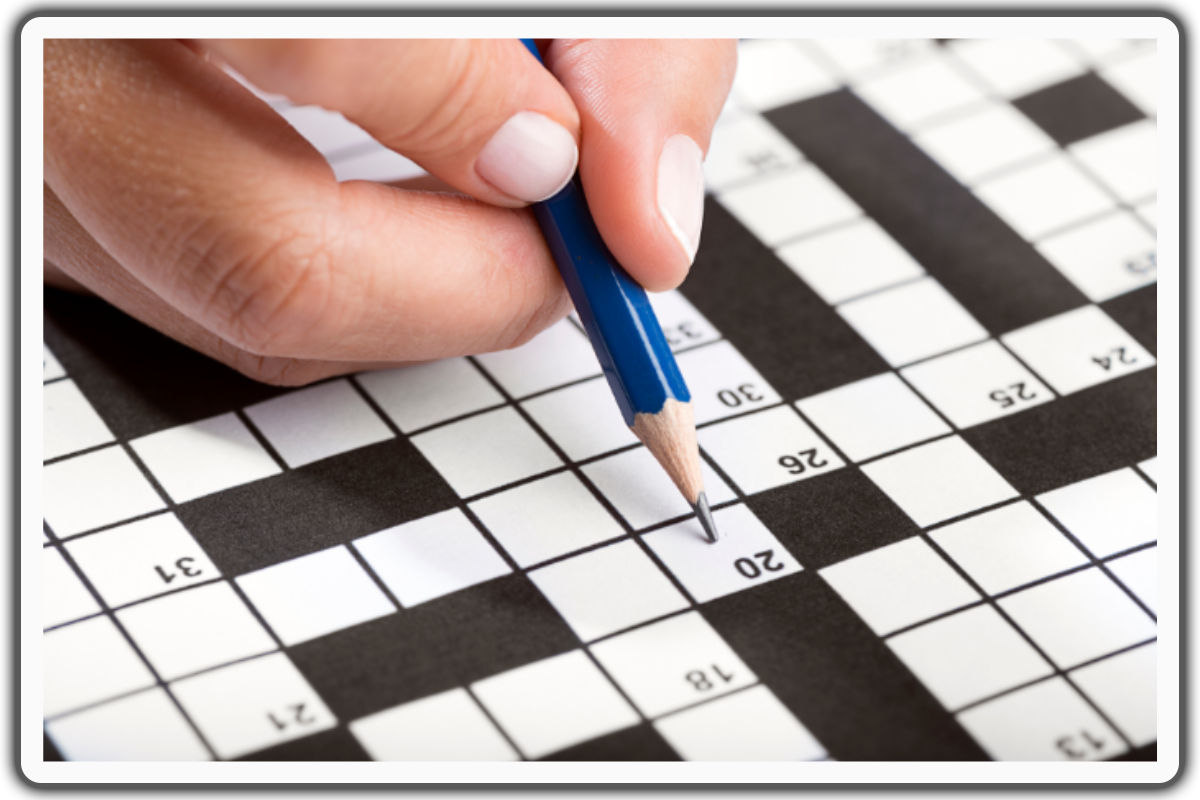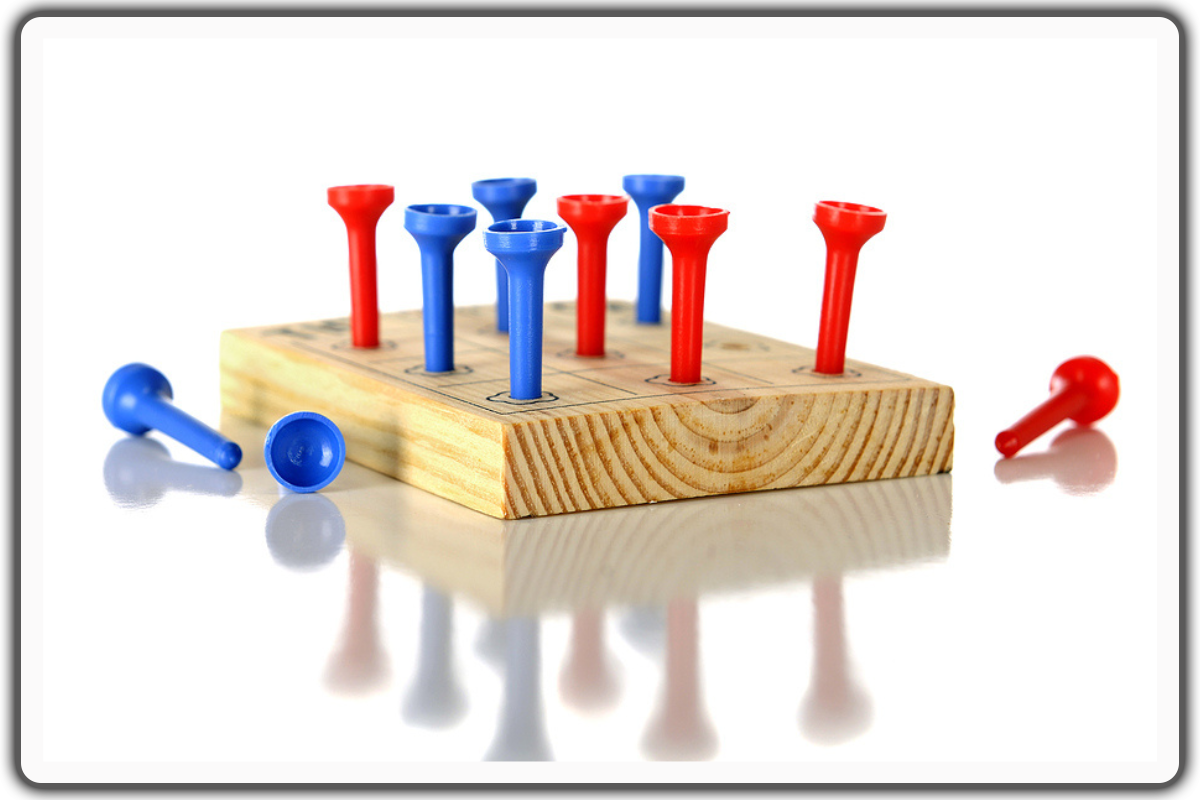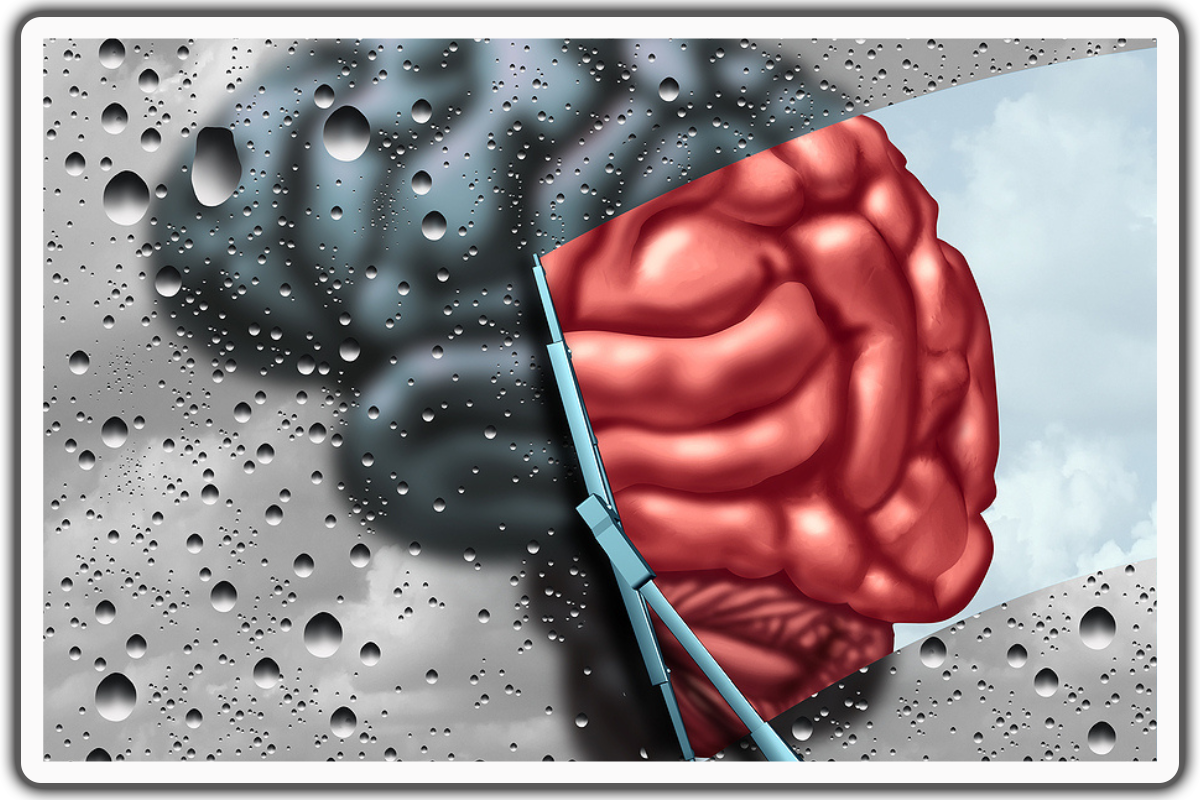Mental Resilience: Strategies For Sustaining And
Improving Mental Acuity Over Time
As we grow, our brains grow with us. Aging increases the possibility of cognitive decline, which impacts many older adults. However, lifting weights can strengthen the muscles in your body. There are a bunch of activities that can boost and enhance the health and performance of your brain. We’ve compiled a list of research-backed ways on How To Sharpen Mind, so that you can keep your healthy brain and mental acuity sharp as you age.

Factors Influencing Mental Acuity
Factors influencing mental acuity include physical health aspects like exercise, nutrition, and sleep, which support brain function, and mental stimulation activities such as cognitive challenges and lifelong learning, which enhance cognitive skills and adaptability, collectively ensuring cognitive sharpness and effectiveness over time.
A. Physical Health
1. Exercise
Regular physical exercise is one of the ways on How To Sharpen Mind, that can significantly improve mental acuity. Lifestyle factors along with aerobic exercises, such as walking, running, or cycling, increase the blood flow to the brain, delivering oxygen and nutrients as well as preventing stroke and blood clots. Exercise has been associated with improved memory, enhanced cognitive understanding, and reduced risk of cognitive decline.
Additionally, it stimulates the release of neurotransmitters like dopamine and serotonin, which contribute to mood regulation and overall mental acuity.
2. Nutrition
Nutrition has an important role in improving mental acuity by providing the brain with essential nutrients for mental function. Nutrients like omega-3, antioxidants, B vitamins, and minerals support cognitive functions such as memory and problem-solving. Balanced meals supply the brain with glucose, ensuring steady energy levels that promote alertness and concentration
Brain-boosting foods, including fatty fish, leafy greens, nuts, seeds, and whole grains, are known to enhance mental acuity by delivering these key nutrients. A nutritious diet supports memory, focus, mood regulation, and overall cognitive performance.

3. Sleep
Sleep is fundamental for mental acuity and is one of the crucial ways to How To Sharpen Mind. During sleep, the brain undergoes vital processes that consolidate memories, eliminate metabolic waste, and optimize neural connections. Adequate sleep promotes sustained attention, concentration, and mental function while preventing irritability and mood swings. Deep sleep, including REM sleep, contributes to creativity and problem-solving abilities.
Quality sleep enhances memory, resets the circadian rhythm, and promotes emotional stability and overall cognitive acuity. If you are having difficulties sleeping, consider drinking milk and other dairy products with tryptophan, an amino acid that promotes relaxation and sleep.
B. Mental Stimulation
1. Cognitive Activities
Mental stimulation is a fundamental factor influencing mental acuity. Numerous studies have found that engaging in intellectually challenging activities, such as puzzles, brain games, reading, and critical thinking exercises, serves as a cognitive workout for the brain. These activities stimulate neural pathways, enhancing memory, attention, and problem-solving skills.
Regular mental stimulation fosters new connections in the brain, promoting cognitive flexibility and avoiding chronic stress. It maintains cognitive acuity and improves overall mental acuity, making individuals more resilient to age-related cognitive decline such as Alzheimer's disease.
2. Lifelong Learning
Cognitive activities are one of the ways on How To Sharpen Mind, and are crucial to maintaining mental acuity and play a significant role in influencing and improving mental acuity. These activities include tasks that challenge memory, attention, and reasoning abilities. Engaging in puzzles, crosswords, Sudoku, or even learning a new instrument keeps the mind active and alert.
One of the lifestyle factors that can enhance various cognitive skills, improve focus, and sharpen problem-solving abilities. They encourage continuous brain plasticity, allowing individuals to adapt to new challenges and eventually contribute to sustaining and enhancing mental acuity over time.

3. Problem-Solving
Lifelong learning is a powerful factor that positively influences mental acuity. It involves continuously pursuing knowledge, skills, and experiences throughout life. Learning new subjects and languages from recent events or acquiring new hobbies challenges the brain and keeps it engaged. Lifelong learning promotes cognitive flexibility, creativity, and adaptability.
Individuals who embrace lifelong learning tend to have better memory retention, an expanded cognitive toolkit, and a greater ability to apply knowledge in various contexts. It is a lifelong commitment to intellectual growth that supports a person's mental acuity, ensuring that the mind remains agile and capable even as individuals age.
Ways To Help With Mental Acuity
1 . Keep Learning
One of the great ways on How To Sharpen Mind as you age is to continue discovering new things. Researchers have linked refined education to better brain functioning in older adults. Likely, the brains of those who strive to learn activities and new experiences are in the habit of thinking and avoiding mental decline.
There are many ways to keep the brain mentally sharp by learning. Several academies offer their courses online, free of charge. You don’t get college recognition unless you pay for them. However, the lectures, notes, and assignments are free. Everything from creative writing to statistics is free for anyone who cares to log in.
Another great way to keep learning is to take up a new hobby, like building model cars or crocheting. There are full of instructional videos on the internet that can teach you all sorts of new skills that not only improve cognition but also help improve your mental acuity. Your neuropathways will thank you for the improved brain activity.
2 . Play Games
One way to increase your brain functioning and How To Sharpen Mind is to play board games. A review posted in The New England Journal of Medicine observed a group of 469 healthy adults aged 75 and older. Subjects were evaluated for five years. The researchers discovered in this study that participants who played board games had better cognitive activity, a decreased risk of developing dementia, and a minor occurrence of Alzheimer's disease than those who didn’t.
If you’ve got a neighbor or family member who loves to play Monopoly or a nephew who hasn’t learned chess, dust off the board games and get to play. You can still play solo even if you don’t have a willing board game partner. Games like solitaire, cameo, and the peg game are good for fighting mild cognitive impairment.

3. Eat Fish
Recent research out of Rush University Medical Center shows that adults who eat fish at least once a week decrease their chances of developing Alzheimer's disease by 53 percent. It has also been discovered through research by experts at the National Institute on Aging that omega-3 fatty acids found in cold-water fish slow the progression of Alzheimer’s disease in patients already struggling with cognitive decline and memory loss.
Aim for at least one serving of omega-3-rich foods each week. If you aren’t a big fan of fish, you can still get omega-3 fatty acids in flaxseeds, eggs, and walnuts. Daily fish oil supplements are also a good option for your cognitive acuity. Just be sure to find high-quality supplements with at least 1,000 mg of docosahexaenoic acid (DHA) and eicosapentaenoic acid (EPA) combined.
4. Take Vitamin B12
Rush University Medical Center specialists have discovered that people with adequate vitamin B12 levels scored higher on short-term memory tests than those deficient in vitamin B12. Similarly, when tested, the participants with low vitamin B12 levels had problems with concentration and critical thinking skills.
If you’re not getting adequate vitamin B12-rich foods like liver and clams, consider a vitamin B12 health supplement. This vitamin can help enhance your basic cognitive skills and retain or improve mental sharpness.

5. Have a Cup Of Green Tea
A substance present in green tea known as epigallocatechin (EGCG) has been discovered to have substantial positive effects on brain health. According to a study in the Psychopharmacology journal, EGCG found in green tea has been shown to affect cognitive acuity and memory storage positively.
Since drinking green tea can boost your brain that's why it is one of the ways on How To Sharpen Mind, drink at least a cup daily. Hot green tea is best in the morning or with meals for your overall general health. It’s also delicious over ice.
6. Try Incorporating Balance Exercises
Balance has a complex relation to cognition. Your muscles, eyes, and ears send messages to the neurological system. The messages from your body to your brain help you maintain your balance and physical wellness. Strengthening your balance will help keep your brain sharp and help fight mild cognitive impairment.
You don’t have to enroll in a program or buy equipment to incorporate these lifestyle factors into your day. Simple movements like these:
As you notice your balance is improving, try this exercise without holding onto the chair and try remaining stable. Eventually, you can do it while standing on one leg. Do your best to engage in physical activity every day.
7 . Use Your Nondominant Hand
One practice on How To Sharpen Mind is using your non-dominant hand. When you use your non-dominant hand to perform simple tasks, it requires your brain to focus on developing distinctive neural pathways. Driving your brain to take an alternate way enhances your overall cognition and keeps up the sharpness of the mind.
Use your non-dominant hand in brushing your teeth. It’ll initially seem strange, but it’ll get easier as you use this hand.
Other easy tasks you can delegate to your non-dominant hand include:
Have fun with this new skill in your daily life.
Neuroscientist Catherine Kerr has done a vast amount of research on meditation and the brain. Kerr has found that meditation changes the brain in positive ways. Meditation can help the brain ignore distractions, increase memory, and boost creativity, as well as develop mental abilities.

Meditation and mindfulness can be painlessly incorporated into a busy day. Start with just a 10-minute session. Find a place where you won’t be distracted and get comfortable. Set a timer for your desired amount of time. Sit with your spine straight, feet on the floor, and your eyes closed. Choose a word or mantra that you can repeat during your meditation. Any word is fine as long as it doesn’t distract you.
To begin the meditation, say the mantra in your mind slowly over and over again. As your mind wanders, repeat the mantra. If you begin to think of anything, repeat the word silently to bring your mind back to the meditation. Continue this practice for the entire session
9. Exercise Regularly
I know, it would be more fun if we told you that eating more ice cream could improve your brain health. But, alas, we’ll tell you to exercise. In a study featured in the journal Acta Psychological, researchers showed that aerobic exercise, for 20 to 60 minutes at a time, enhanced information processing in the brain.
If you don’t want to spend your time on the treadmill, you can still get plenty of exercise into your days. Park a block or two away from your workplace and get a brisk walk before your shift begins. Offer to walk a neighbor’s dog a few times a week. Make it a priority to get at least 20 minutes of heart-pumping exercise each day to benefit your brain and body, as one of the ways on How To Sharpen Mind.

10. Get Plenty Of Sleep
A recent study found that during sleep, the brain can flush out toxins that have built up during the day. The National Institutes of Health found that cerebrospinal fluid flows through the brain while we sleep, clearing out things that don’t belong. Researchers have also found that people who sleep better and log more hours on the pillow have better memory function than those with interrupted or not enough sleep.
If you tend to be a night owl, then there are environmental factors to consider. Buying a pair of blackout shades is suggested to help you stay in bed longer in the mornings. That way, you can still enjoy your late-night talk shows and get the sleep you need. On the other hand, if your days start early, turn the lights off in your home about an hour before you’d like to get to sleep. Avoid television and opt for a podcast or audiobook instead. Get relaxed with a hot bath and hit the sack early. Aim for seven to nine hours of good-quality sleep each night to boost your brain health and cognitive acuity to help fight mild cognitive impairment.
Impact Of Age On Mental Acuity
A. Slower Processing Speed
As people grow older, there is often a noticeable decrease in processing speed in critical areas of the brain. This impacts their ability to perform mental tasks efficiently. Tasks that require quick problem-solving, making sound decisions, or information processing may take longer to complete, potentially affecting overall cognitive performance. Further detrimental effects will show as the years go on, opening up to an increased risk for people to develop dementia.
B. Memory Changes
Age-related mental changes can manifest as difficulties in swiftly recalling names, facts, or specific details. This slower retrieval process can lead to occasional memory lapses, although general knowledge, stored in semantic memory, tends to remain relatively stable over time. These memory changes are common with aging and can influence an individual's daily cognitive functioning.
Possible treatment can help improve your mental sharpness. However, without it, it may lead to long-term memory loss and problems in information processing, sleep problems, and other factors.
C. Problems With Attention
The older people get, the more they tend to develop problems with their attention span, which can significantly affect their mental acuity. Older adults may experience negative effects such as reduced sustained attention, making it challenging to concentrate on tasks for extended periods. Increased distractibility and slower shifts of attention can lead to difficulty filtering out distractions and switching between tasks efficiently.
Additionally, age-related changes in selective attention may impact the ability to prioritize relevant information. These attention-related challenges are one of the ways on How To Sharpen Mind, that can decrease productivity, errors, and mild cognitive impairment.
D. Difficulty In Multitasking
Aging has its struggles and risk factors. This includes multitasking, which notably impacts mental acuity, especially as individuals age. Multitasking requires cognitive flexibility and the ability to manage multiple tasks simultaneously. Older individuals may struggle with reduced cognitive flexibility, leading to inefficiencies when switching between tasks or managing a higher cognitive load. This can result in decreased accuracy and slower task-switching efficiency.
As a consequence, multitasking difficulties can affect the memory storage of an individual and their ability to adapt to changing demands, potentially diminishing overall cognitive performance. However, proactive strategies and prescription medications can help mitigate these challenges and preserve mental acuity.
E. Keep Your Brain Sharp
Take good care of your brain. Do your absolute best to incorporate activities that strengthen, stimulate, and nurture your gray matter every day. Good brain health will increase your quality of life and keep you sharp for the long haul.
